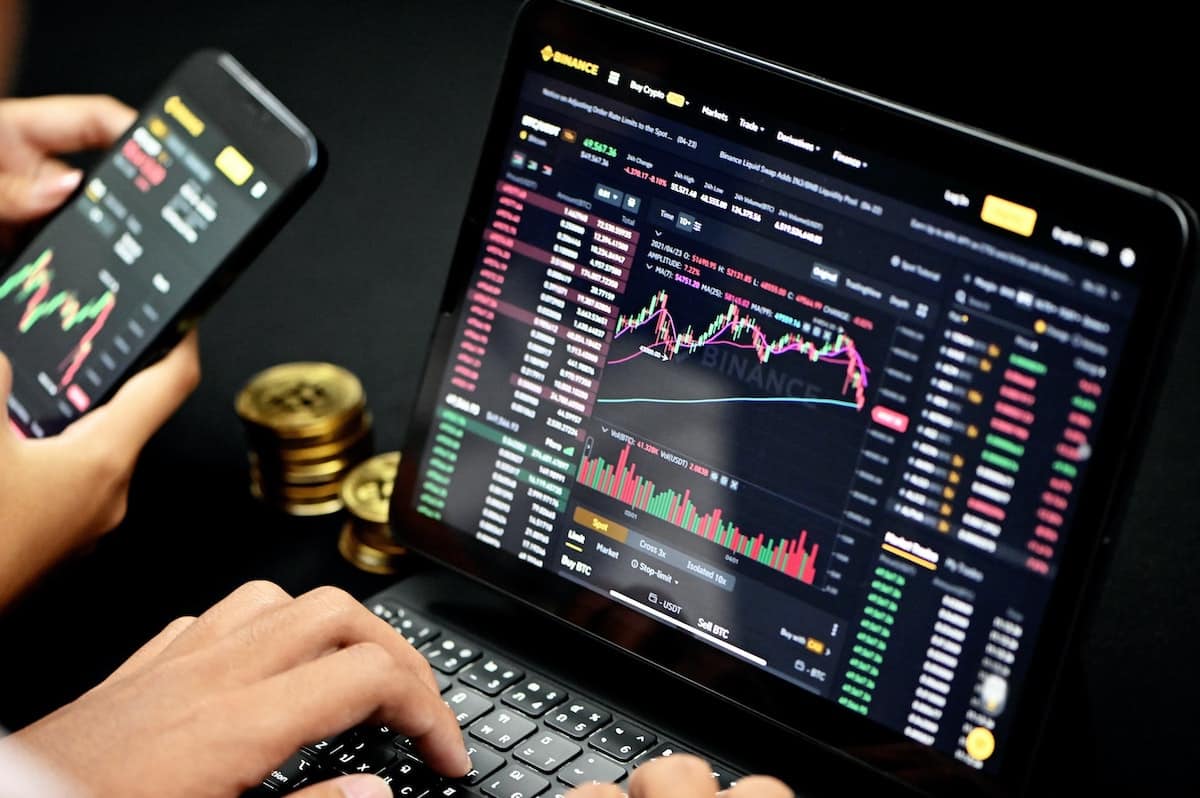Table of Contents
Unlike its counterparts, decentralized finance (DeFi) wallets are specially designed to help crypto users keep their crypto-based assets in an accessible and secure manner without requiring third-party assistance. Being a non-custodial wallet by nature, this wallet offers its users complete control, without any external interference. Simply stated, if you are a DeFi wallet user, you are free to use your money the way you want to.
While this is a hallmark feature of DeFi wallets, there are also other qualities that set these wallets apart from the rest. Let’s look into some of the key characteristics of a decentralized finance wallet.
Key features of a DeFi wallet
1. Key-dependent
If you already use one or two DeFi wallets, you must have your private key at hand. This private key is a specialized code that you will have to supply whenever you log in. It is important to keep this key secure because for many wallets, recovery is difficult if the key is lost.
2. Non-custodial
A non-custodial wallet offers users definite control over the secret key. Users are given absolute responsibility to protect their assets; there is no other controller that will manage the key and the wallet.
3. Compatible
Several tokens must be compatible with DeFi wallets. With this wide-range compatibility, users must have a diverse token options to choose from.
4. Accessible
Non-custodial wallets, such as the DeFi wallet, should be easily accessible regardless of the user’s geographical location. Users should not experience problems when it comes to location-based access.
Things to consider in choosing a DeFi wallet
If you are looking to use a new DeFi wallet or if you just want another addition, there are some things that you should know in selecting a DeFi wallet. Here are some of the things that you should take into account as you select a specific DeFi wallet.
1. Safety And Security
Security is extremely important when it comes to cryptocurrency or any platform that involves money in general. It is even more serious when it comes to decentralized finance. Such is the case because DeFi users will not just deal with virtual assets but also smart contracts.
A wallet without any security-enforcing measures is not worth the exploration. You should look for wallets that offer security measures of some sorts, such as biometric login or 2FA.
2. Integration With Crypto Exchanges
If you are a primary DEX (Decentralized Exchange) user, you must be sure that your wallet can effectively sync with the platform. With seamless integration, it will be easier for you to trade your assets within the DEX. It will also free you from the hassle of moving from one wallet to another.
3. Supported Cryptocurrencies
When selecting a wallet, you should pay attention to the wallet’s compatibility with certain crypto assets. If you only focus on Bitcoin, you must filter and focus on wallets that support Bitcoin. However, if you want to trade different assets, your wallet must be able to support various blockchains.
4. DApps
DeFi wallets are but channels to the larger ecosystem of decentralized finance. It is primarily through decentralized apps (DApps) that you can enter the DeFi landscape. Certain DeFi wallets are synced with DApps. In such a case, you would not need to exit the app just to transact.
5. Ease of Use
While other factors may seem to weigh more, it is no question how you would favor a secure and integrated DeFi wallet that is easy to use over one that is complicated.
When assessing user-friendliness, take note of details such as the UI (User Interface) and UX (User Experience).
6. Fees
You should not turn a blind eye to the costs and fees that you would need to pay as you use the wallet. There are certain DeFi wallets that require transaction fees while others have this waived. Others may also work with particular protocols or exchanges. In such a case, extra costs could be incurred.
7. Reviews and reputations
While this is not the case for all, there are certain wallets that have their communities within social media. Checking out the conversations, exchanges, and organic feedback through these circles can help you know whether the wallet is worth trying out.
The Next Step
After selecting your wallet, you can proceed with the setup and funding procedures. Once all of these are in place, all that you need to do is link the wallet to a DeFi protocol. You can accomplish this by tapping the “connect wallet” option that can be found in most landing pages of DeFi protocols. Once you finish this, you are basically ready to use DeFi your wallet.


